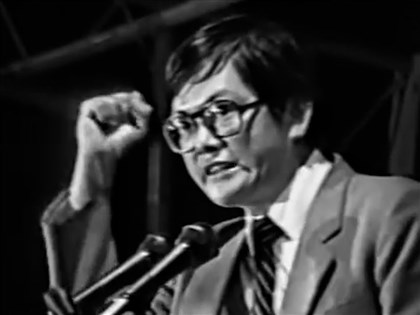FEATURE/Taiwan Relations Act at 45: Still a cornerstone of bilateral ties
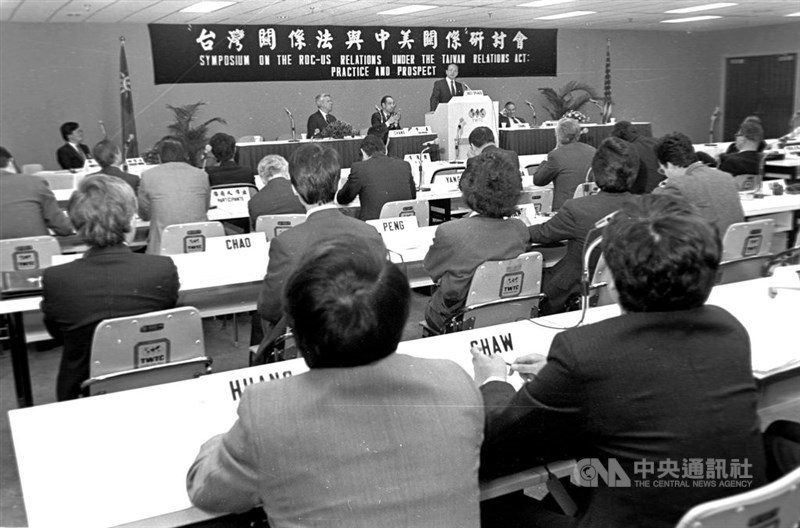
By Joseph Yeh, CNA staff reporter
In January 1979, a young diplomat officially joined the Republic of China's diplomatic corps at the most challenging time in the country's relationship with its strongest ally, the United States.
The Jimmy Carter administration's decision to switch diplomatic recognition to Beijing had just taken effect on Jan. 1 and the "Sino-American Mutual Defense Treaty" allowing Washington to back the ROC's self-defense was set to end on Dec. 31, 1979.
The ROC was unnerved because there was no formal law in place to define relations between the ROC (Taiwan's formal name) and the U.S. after the diplomatic shift, though the Carter administration had proposed a bill called the "Taiwan Enabling Act" to fill the gap.
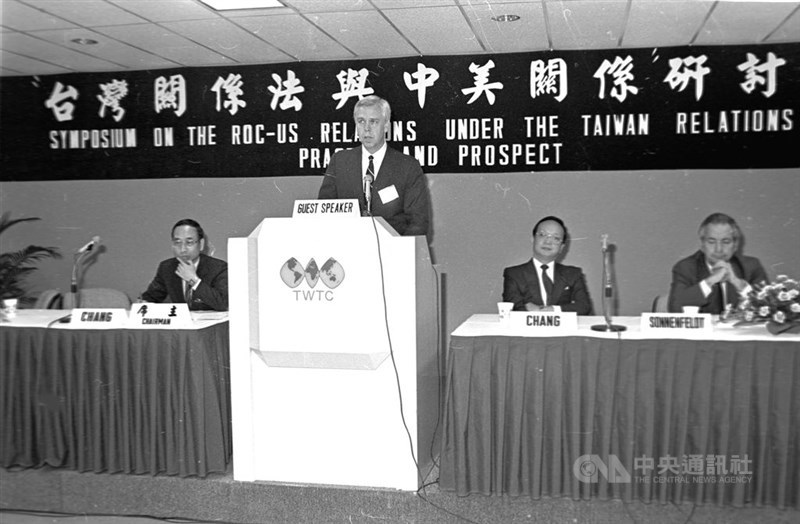
It argued that the bill would provide for continued "unofficial" relations with Taipei, but the U.S. Congress disagreed, with Idaho Senator Frank Church saying the proposed act was "woefully inadequate to the task, ambiguous in language and uncertain in tone."
Rejecting the Taiwan Enabling Act as too weak, the U.S. Congress later passed the Taiwan Relations Act (TRA) by an overwhelming majority, and it was signed into law by Carter on April 10, 1979.
Since then, the act has served as the legal framework guiding Washington's unofficial relations with Taipei, including providing weapons for Taiwan's self-defense.
That young diplomat who witnessed the process resulting in the TRA was Stanley Kao (高碩泰), who later served as Taiwan's top envoy to the U.S. from May 2016 to July 2020 before retiring from public service.
Speaking to CNA in a recent interview, Kao said the TRA has been a bedrock of bilateral relations critical to the interests of both the U.S. and Taiwan.
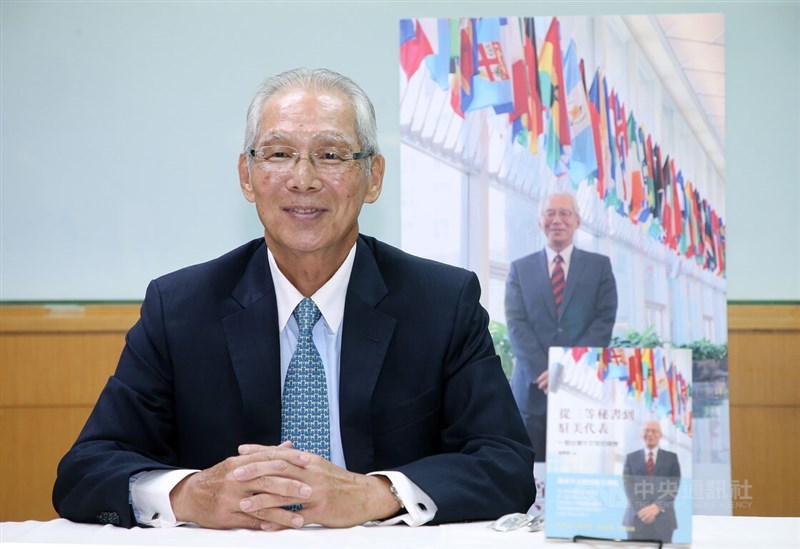
During his diplomatic career, the U.S. has held 11 presidential polls since, and while each one has been closely followed by Taiwan, it has always had reason to feel its interests would be protected, Kao said.
"The TRA's legal structure and policy foundation have always left us feeling reassured [no matter who was elected]. Without the TRA, there would have been too many uncertainties," he added.
Speaking at a reception in Washington to mark the 45th anniversary of the TRA's enactment on March 6, Taiwan's current representative to the U.S. Alexander Yui (俞大㵢) described the TRA and Six Assurances as the "the North Star" guiding U.S. and Taiwan policymakers in an increasingly challenging geopolitical environment.
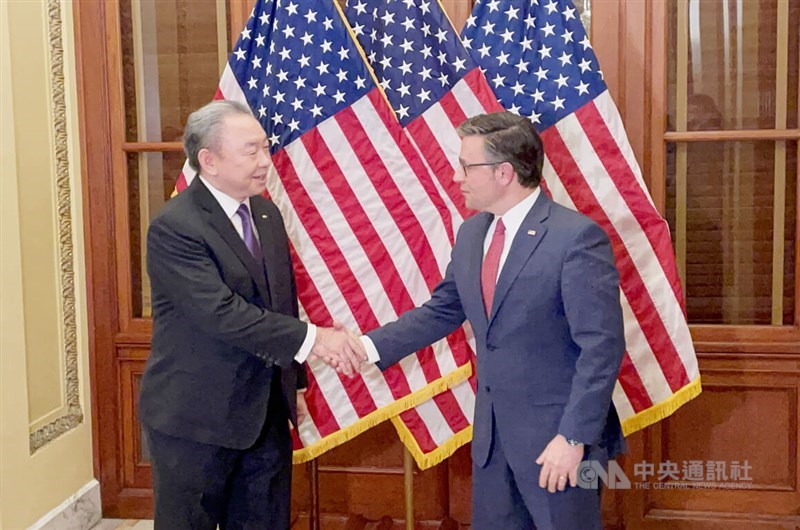
"The TRA has been instrumental for the U.S. to provide for Taiwan's defensive capabilities; to insist on the peaceful resolution of disputes; to help Taiwan resist coercion; and to support Taiwan's international participation," Yui said.
Serving U.S., Taiwan's interests
So what exactly did the TRA get right to help preserve the peace and prosperity in the Taiwan Strait and serve the interests of Taiwan and the U.S.?
Among the most important provisions in the TRA is that U.S. policy on Taiwan should "make clear that the United States decision to establish diplomatic relations with the People's Republic of China rests upon the expectation that the future of Taiwan will be determined by peaceful means."
It also says Washington should consider "any effort to determine the future of Taiwan by other than peaceful means, including by boycotts or embargoes, a threat to the peace and security of the Western Pacific area and of grave concern to the United States."
Most importantly, it stipulates that it is the U.S.' policy "to provide Taiwan with arms of a defensive character; and to maintain the capacity of the United States to resist any resort to force or other forms of coercion that would jeopardize the security, or the social or economic system, of the people on Taiwan."
This provision on helping Taiwan defend itself was significant because the originally proposed Taiwan Enabling Act made no provision for Taiwan's security, arms transfers, or operation of representative offices, according to Kao.
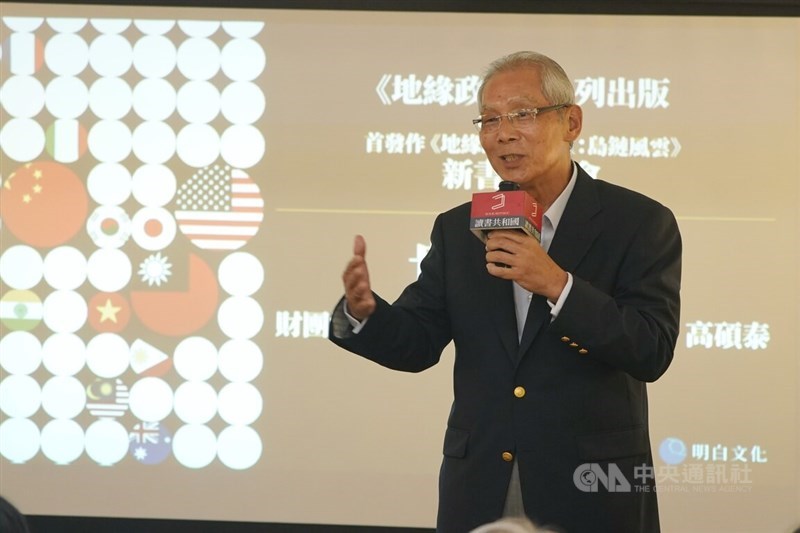
Kao said the Taiwan Enabling Act had "too many loopholes" and was deemed "insincere" in dealing with Taiwan issues, and was therefore promptly rejected by the U.S. Congress.
Congress later asked its own assistants to draft the TRA to make sure it would cover all aspects of Washington-Taipei exchanges in the absence of official ties, he noted.
The carefully crafted wording of the TRA has made it "iconic" and helped it stand the test of time, Kao said.
Alexander Huang (黃介正), chair of Taipei-based think tank Council on Strategic & Wargaming Studies and head of the opposition Kuomintang's international affairs department, told CNA the TRA's strength has been its "authoritative yet flexible" text that has stood up to many challenges over 45 years.
That flexibility has given the White House and Congress wiggle room in handling relations with Taipei based on U.S. interests, Huang said.
It has also allowed the Congress to get involved in Taiwan policy even though U.S. foreign policy is largely in the hands of the U.S. president under the U.S. Constitution, he added.
Vital to Taiwan's defense
Chieh Chung (揭仲), a researcher at the Taiwan-based Association of Strategic Foresight, highlighted the importance of the TRA's clauses to Taiwan's defense.
They include allowing the U.S. to continue providing arms to Taiwan despite the cutting of ties, and providing required training to Taiwan's military personnel through a bilateral military exchange program, he said.
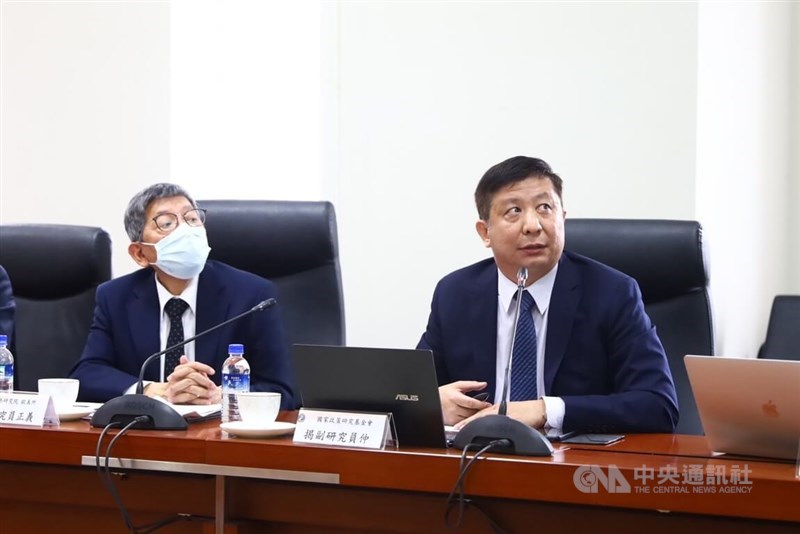
It also describes PRC potential attempts to determine the future of Taiwan by "other than peaceful means, including by boycotts or embargoes" as a "threat to the peace and security of the Western Pacific area and of grave concern to the United States," Chieh said.
That's significant, Chieh noted, because it provides a legal basis for the U.S. to actively intervene in the wake of a Chinese invasion of Taiwan as such behavior on Beijing's part constitutes a threat to U.S. interests in the region.
Strategic ambiguity
What the TRA does not clearly say is what the U.S. would do if China were to invade Taiwan, consistent with Washington's long-standing policy of "strategic ambiguity" on Taiwan.
Such ambiguity, as vaguely stated in the TRA, represents the unspoken understanding and consensus shared by Taiwan and the U.S. for decades since the TRA took effect in 1979, Kao said.
How the text of the TRA is interpreted is up to the U.S. government and successive presidents, Kao said, which is why he considers the TRA to be a "living act" that continues to evolve and transform even after 45 years.
Trump or Biden?
Yet, even as the TRA evolves, can it survive America's increasingly acrimonious political environment?
With sitting U.S. President Joe Biden set to face off against his predecessor Donald Trump in the November presidential election, uncertainty looms in the relations between the U.S. and Taiwan, as the latter is known to be a "transactional leader," said Kao, who facilitated the historic telephone call in December 2016 between then President-elect Trump and President Tsai Ing-wen (蔡英文) .
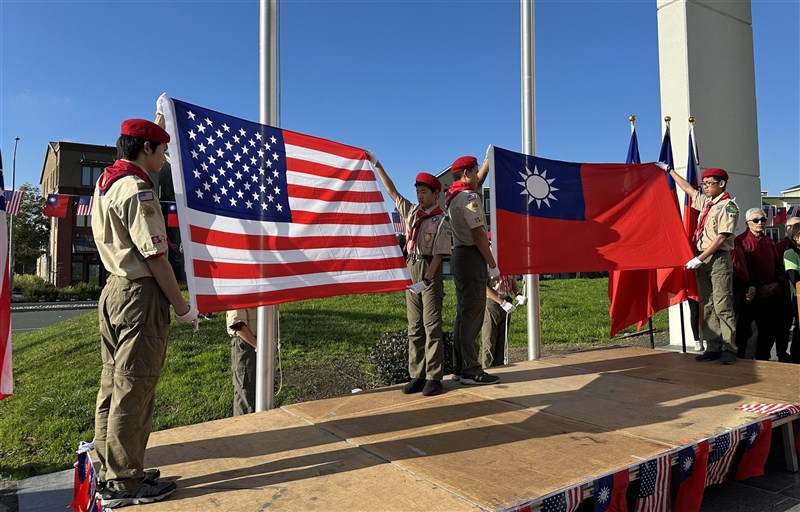
Biden, on the other hand, voted in favor of the TRA while a member of the Senate Foreign Relations Committee in 1979, and has a more predictable attitude toward Taiwan, Kao added.
Whatever happens, Taiwan will be watching closely to see if the U.S. continues to stick to the commitments made in the TRA, hoping that it will continue to stand the test of time.
Enditem/ls
![35 years later, freedom of speech defender Nylon Cheng's legacy lives on]() 35 years later, freedom of speech defender Nylon Cheng's legacy lives onNestled near the bustling Minquan East Road in Songshan District, Liberty Lane exudes tranquility, typical of Taipei's alleys.04/07/2024 03:20 PM
35 years later, freedom of speech defender Nylon Cheng's legacy lives onNestled near the bustling Minquan East Road in Songshan District, Liberty Lane exudes tranquility, typical of Taipei's alleys.04/07/2024 03:20 PM![Voting age: Taiwan stalls at 20 as Switzerland debates 16]() Voting age: Taiwan stalls at 20 as Switzerland debates 16Efforts to lower Taiwan's voting age from 20 to 18, in line with over 100 countries worldwide, have lasted for almost two decades without success.04/01/2024 07:27 PM
Voting age: Taiwan stalls at 20 as Switzerland debates 16Efforts to lower Taiwan's voting age from 20 to 18, in line with over 100 countries worldwide, have lasted for almost two decades without success.04/01/2024 07:27 PM!['We vote on everything': Direct democracy in Switzerland]() 'We vote on everything': Direct democracy in SwitzerlandA Referendum Act was first introduced to Taiwan in 2003, but it was not until it was revised in 2018 to lower the thresholds needed to bring an initiative to a vote that Taiwanese citizens were more often called upon to vote.04/01/2024 07:26 PM
'We vote on everything': Direct democracy in SwitzerlandA Referendum Act was first introduced to Taiwan in 2003, but it was not until it was revised in 2018 to lower the thresholds needed to bring an initiative to a vote that Taiwanese citizens were more often called upon to vote.04/01/2024 07:26 PM
- Society
Thousands of Muslims gather across Taiwan for Eid al-Fitr prayers
04/10/2024 05:13 PM - Politics
New Cabinet to respond to domestic, global challenges: Lai
04/10/2024 04:55 PM - Society
Electronic pet ID card launched by agriculture ministry
04/10/2024 04:51 PM - Business
U.S. dollar closes lower on Taipei forex market
04/10/2024 04:11 PM - Business
TSMC reports highest sales for Q1
04/10/2024 03:52 PM
